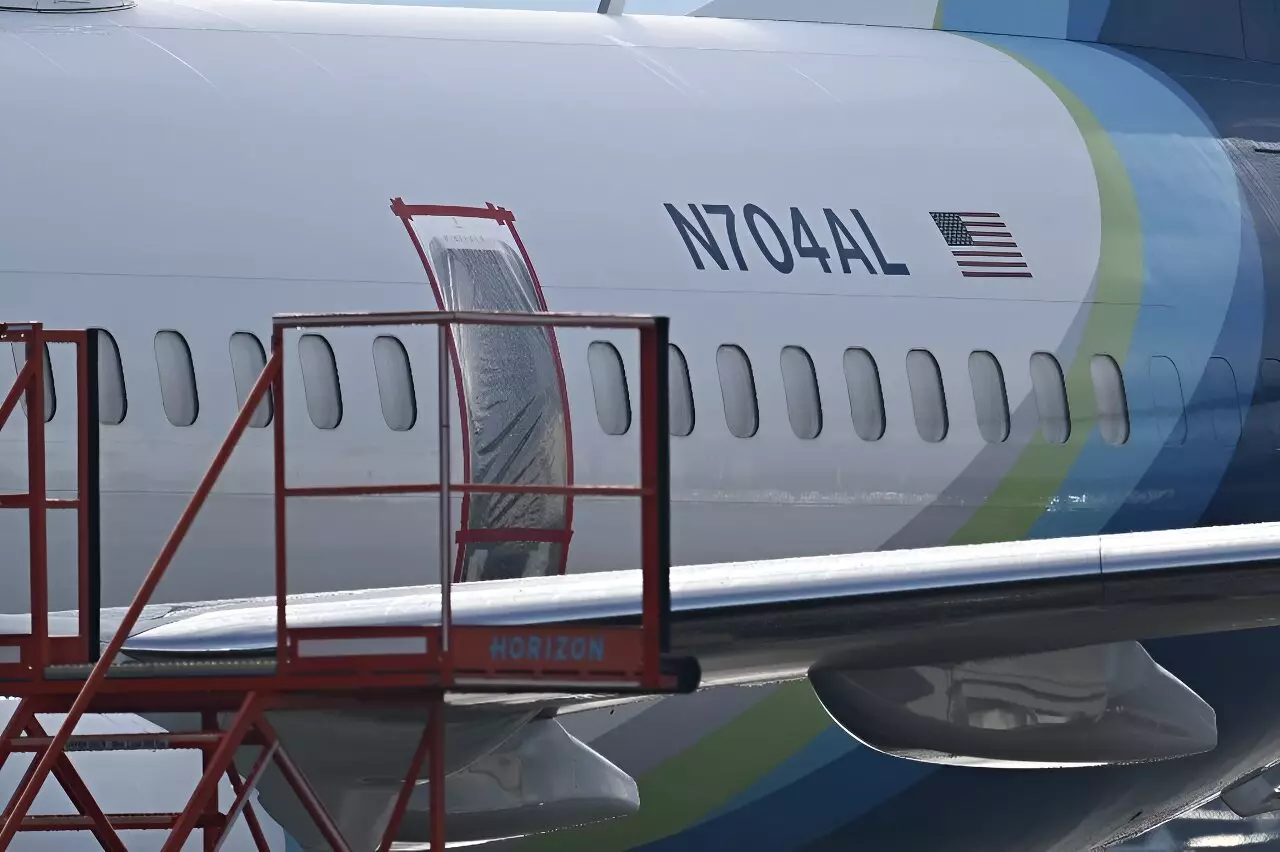US investigators are set to conduct a two-day hearing to investigate the January incident involving a Boeing 737 MAX operated by Alaska Airlines. The incident was nearly catastrophic and required an emergency landing. Passengers were left exposed to open air at an altitude of about 16,000 feet after a panel blew out shortly after takeoff. The National Transportation Safety Board (NTSB) is overseeing the probe to determine the facts, circumstances, and probable cause of the transportation accident.
Preliminary findings revealed that four bolts securing the panel were missing. These bolts were removed by Boeing employees during an inspection at the Renton plant in Washington state prior to the delivery of the aircraft last October. The agency has collected written documents and photos as evidence.
During the two-day hearing in Washington, approximately 15 witnesses will testify. These witnesses include officials from Boeing, key supplier Spirit AeroSystems, the Federal Aviation Administration, and the machinists union. Notably, Alaska Airlines is not included in the witness list. Elizabeth Lund, senior vice president for quality at Boeing, will provide testimony.
Boeing came under fire from the NTSB for sharing details about the ongoing probe that were not supposed to be disclosed publicly. NTSB sanctioned Boeing for releasing non-public investigative information and making unsubstantiated speculations about the incident. As a result, Boeing is blocked from reviewing information gathered in the investigation and asking questions of other witnesses at the hearing.
The NTSB Chair Jennifer Homendy criticized Boeing’s handling of the investigation, stating that the company was slow to provide key documentation and witnesses involved in working on the plane. Whistleblowers have also testified in Congress, claiming that Boeing punishes workers who raise safety concerns and attempts to cover up problems.
The Boeing 737 MAX incident has raised serious concerns about aircraft safety and the transparency of investigations in the aviation industry. As the NTSB continues to examine the circumstances surrounding the emergency landing, it is crucial for all parties involved to cooperate fully and adhere to regulations to prevent such incidents from occurring in the future. It is essential for Boeing to take responsibility for its actions and prioritize the safety of passengers and crew members above all else.


Leave a Reply